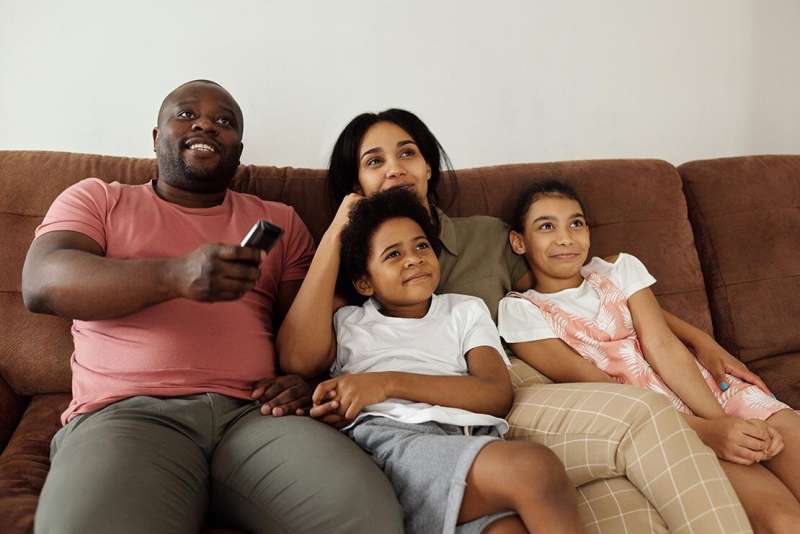Home » Health News »
Pandemic mental health hinges on who you live with

Some days it may not have felt like it, but being locked down with your kids and spouse may have bolstered your well-being during COVID-19.
A new study, titled “The Benefits of Living with Close Others: A Longitudinal Examination of Mental Health Before and During a Global Stressor,” found that those who sheltered with children or romantic partners reported stronger mental health during the pandemic.
The study, which will be included in an upcoming special COVID-19 edition of Clinical Psychological Science, was conducted by a team including UTM social-personality psychology Ph.D. student Natalie Sisson, supervised by Brett Ford, director of the U of T Affective Science & Health Laboratory department.
The research was prompted by a news clip Ford emailed to Sisson positing that parents and spouses in lockdown were cracking under the pressure.
“We’d seen all these headlines about (“COVID divorces’) and parents really struggling to cope in the context of the pandemic, having these real mental health difficulties,” Sisson says. “We said, “Well, we have the data, we can look at this.'”
The team (which also included Emily C. Willroth of Northwestern University Feinberg School of Medicine and Bonnie M. Le of University of Rochester) tracked 1,200 participants from February to September 2020—which covered some time before the pandemic was officially declared by the World Health Organization in March 2020 through the first six months of the pandemic.
The test subjects were recruited using the crowdsourcing site Amazon Mechanical Turk, which provided racially, ethnically and politically diverse U.S.-based participants between the ages of 18 and 75. Each person was asked to complete monthly reports on life satisfaction.
“It was a strong conception in the media that everybody was fighting,” says Ford. “But the data found everybody’s depression and anxiety popped up at the onset, but when you look at the rest of the pandemic, those (with children and romantic partners) recovered more quickly.”
Participants showed almost equal levels of satisfaction across gender, Sisson says, and, on average, after the initial spike in mental health difficulties across all groups, well-being scores largely recovered, approaching pre-pandemic levels.
“It speaks to the resilience of humans,” Ford says.
Sisson researched people’s reactions during natural disasters, looking for comparables, but found the pandemic lockdown had a key difference.
“COVID came with social distancing, rightly so,” says Sisson. “But it caused people to distance from the relationships they might usually have for support.”
Although the data didn’t delve into why some groups did better, Sisson believes parenting provided a sense of purpose, while being with a romantic partner increased social fulfillment and stress-reducing intimacy, all of which contribute to an overall sense of well-being.
“Having healthy relationships, generally, is a good determinate of people’s mental health,” Sisson says. “Some say it’s more influential on health than whether you smoke or not.”
While being with children or a spouse showed positive results, Sisson says the benefits didn’t extend to those living with non-romantic partners.
“Those with a roommate or parents had lower mental health, more comparable to those living alone,” says Sisson, who started the lockdown living with roommates before moving in with a romantic partner. “So there does seem to be something special, a benefit to being with these close others, not just anyone.”
Ford hopes the study will encourage the development of more resources for those who didn’t have the protective benefits of living with close others.
Source: Read Full Article



